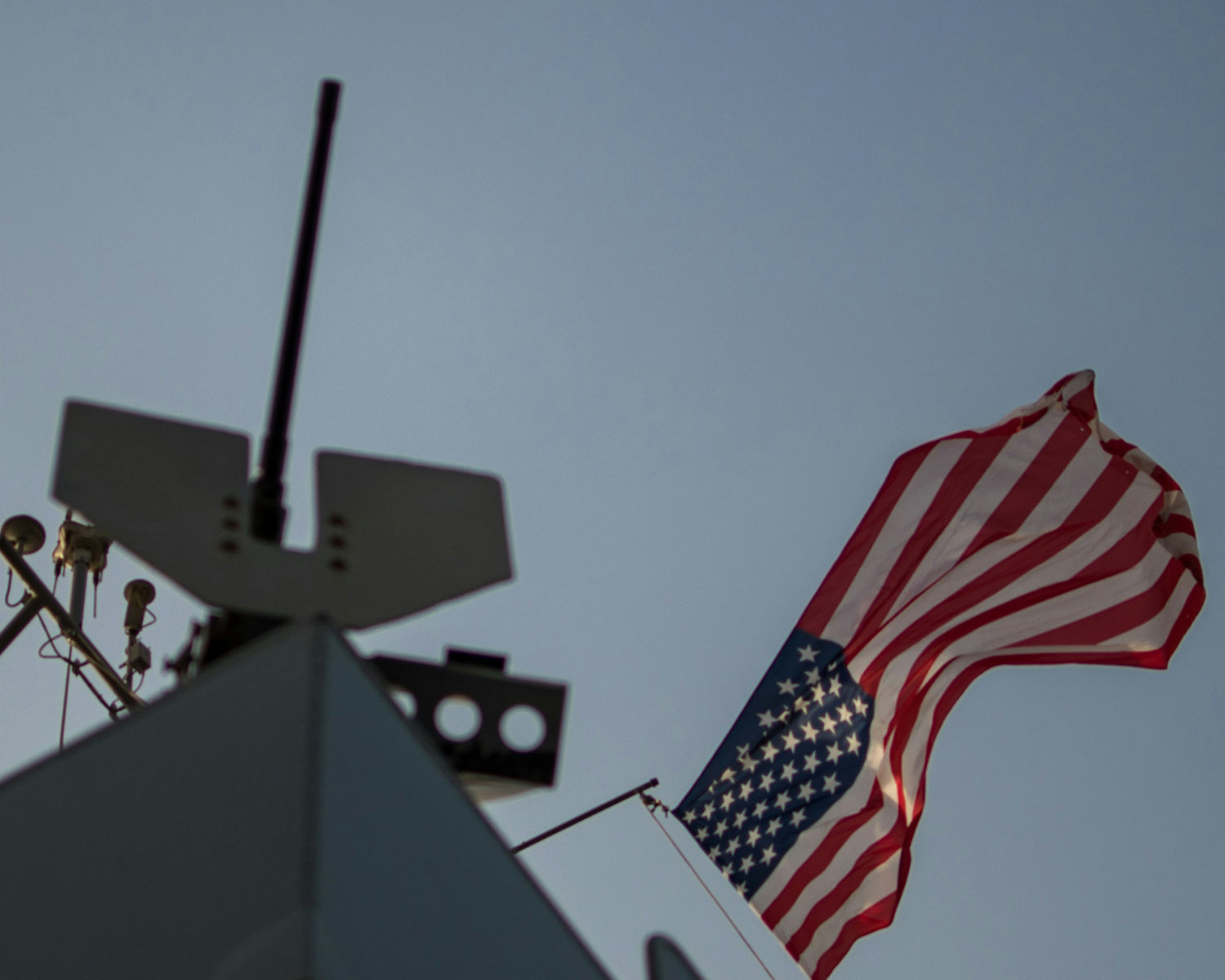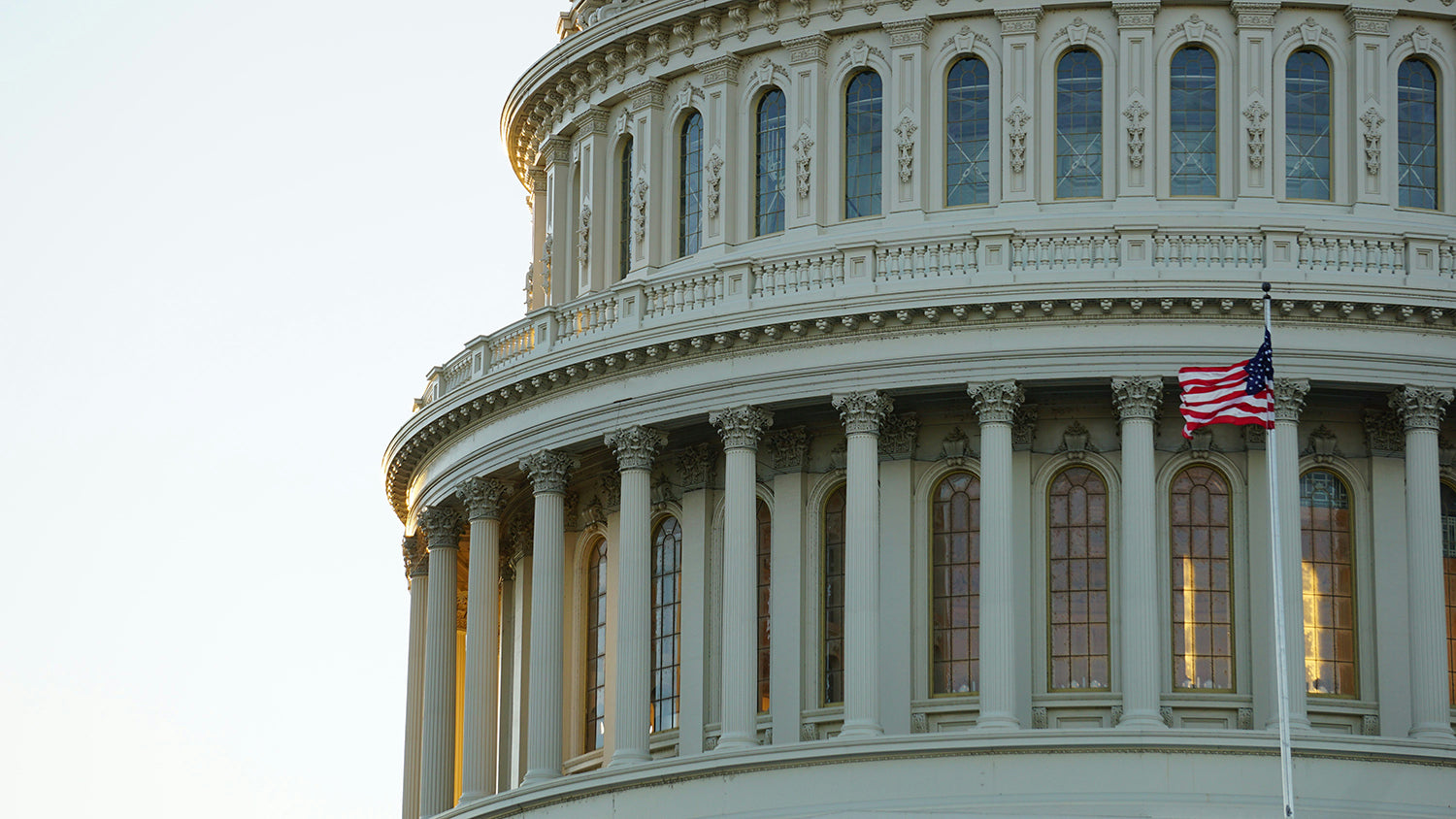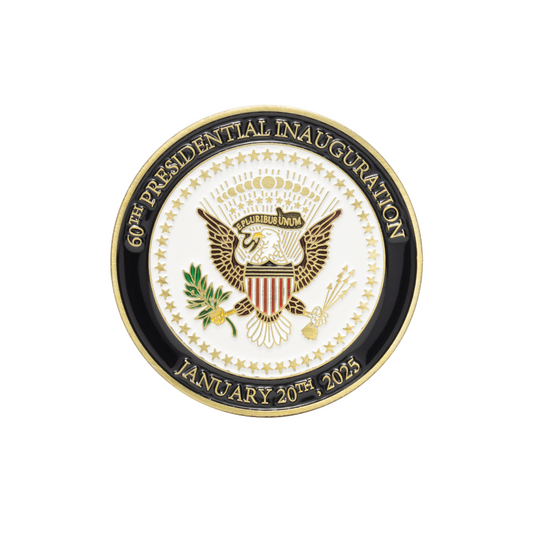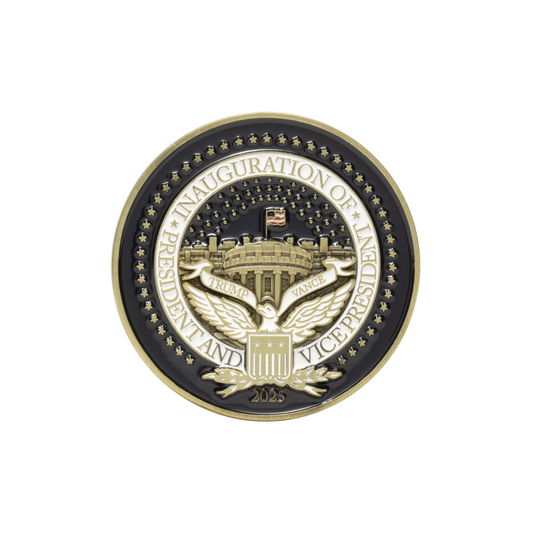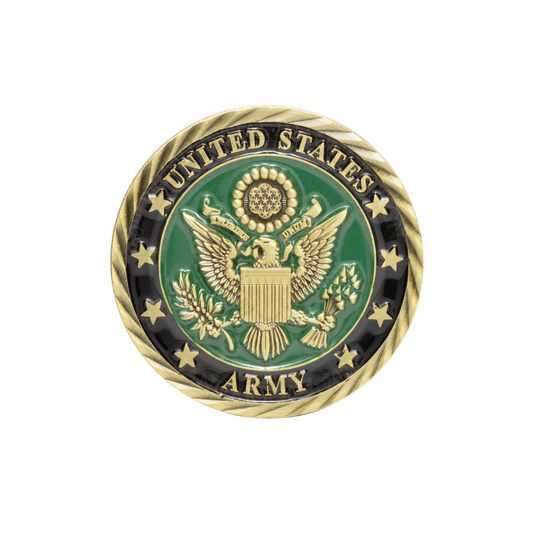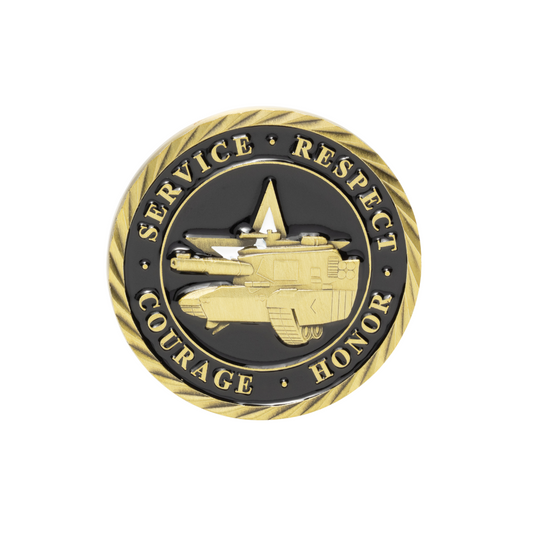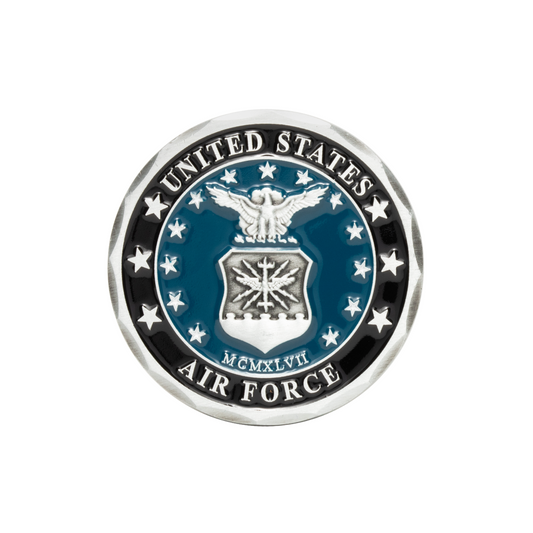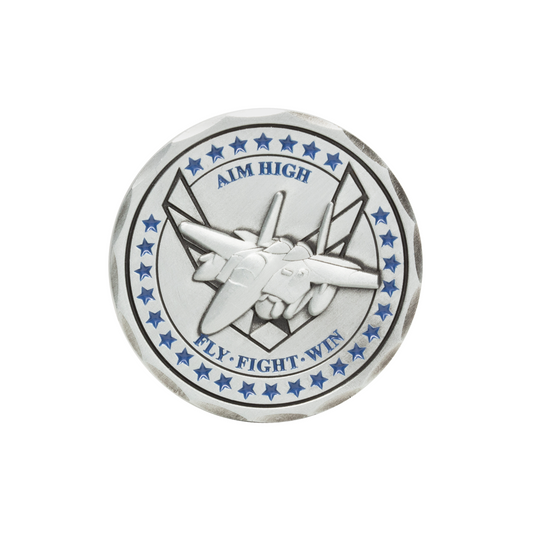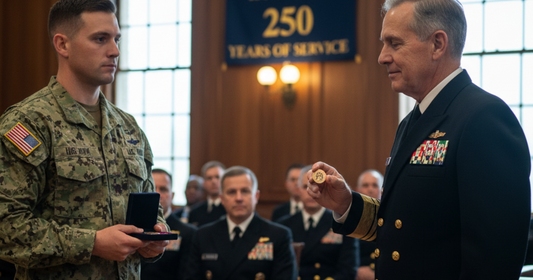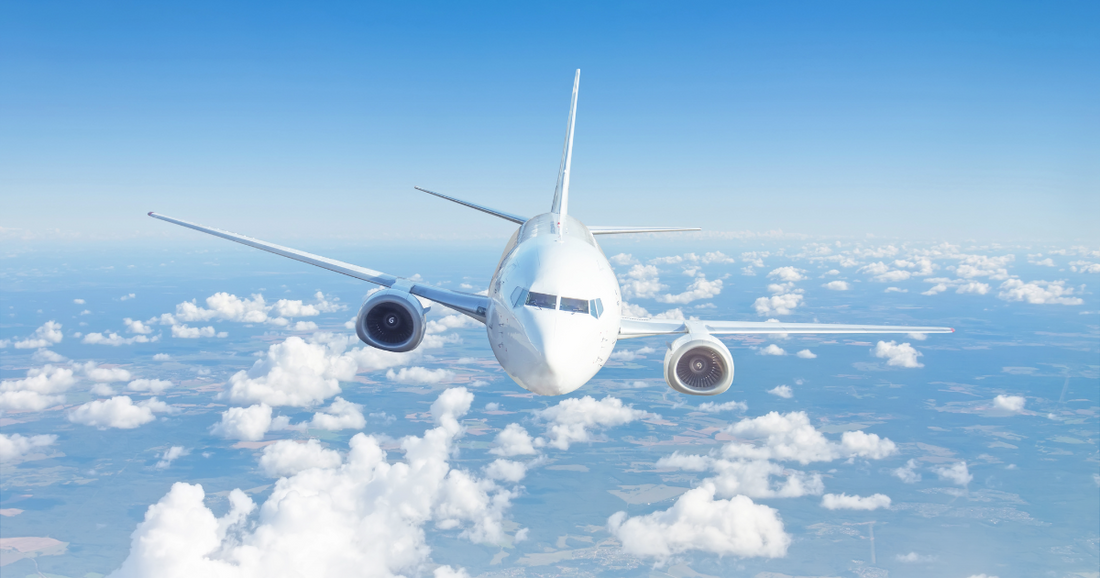
National Aviation Day: Honoring Aviation Achievements
Renita WingfieldNational Aviation Day, celebrated on August 19th, is a day dedicated to the achievements and contributions of the pioneers in aviation. This day, established by President Franklin D. Roosevelt in 1939, coincides with the birthday of Orville Wright, one of the Wright brothers who were pioneers of aviation. National Aviation Day is an opportunity to reflect on the advancements in aviation technology and honor those who have contributed to this field, from the Wright brothers' first flight to the cutting-edge innovations of today.
The Origins and Significance of National Aviation Day

Historical Background
National Aviation Day was established to honor the progress and achievements in aviation. The Wright brothers, Orville and Wilbur, made history on December 17, 1903, when they successfully flew the first powered aircraft in Kitty Hawk, North Carolina. This monumental event marked the beginning of a new era in transportation and technological advancement.
President Franklin D. Roosevelt proclaimed August 19th as National Aviation Day in 1939, recognizing Orville Wright's contributions to aviation and celebrating his birthday. This day serves as a reminder of the importance of aviation in modern society and encourages the appreciation of the technological innovations that have made air travel safer, faster, and more efficient.
Importance of National Aviation Day
National Aviation Day highlights the critical role of aviation in connecting the world, fostering economic growth, and enhancing national security. The day also acknowledges the hard work and dedication of those involved in the aviation industry, including pilots, engineers, air traffic controllers, and maintenance crews. It serves as an inspiration for future generations to pursue careers in aviation and contribute to its ongoing advancements.
Key Achievements in Aviation History
The Wright Brothers and Early Flight
The Wright brothers' first successful flight in 1903 is one of the most significant milestones in aviation history. Their innovative design and engineering laid the foundation for modern aviation. The Wright Flyer, their first powered aircraft, demonstrated the principles of controlled flight, which are still relevant in today's aviation technology.
The Jet Age
The introduction of jet engines revolutionized aviation in the mid-20th century. The development of the first jet-powered aircraft, the Heinkel He 178, in 1939, and the subsequent advancements in jet engine technology significantly increased the speed, range, and efficiency of aircraft. The Jet Age transformed commercial air travel, making it accessible to a broader population and shrinking the world by reducing travel times.
Space Exploration
Aviation achievements are not limited to the skies above Earth. The advancements in aviation technology paved the way for space exploration. The launch of Sputnik 1 by the Soviet Union in 1957 and the successful Apollo 11 mission in 1969, which landed the first humans on the moon, are testaments to the progress in aerospace technology. These milestones have expanded our understanding of space and continue to inspire innovations in aviation and beyond.
Modern Innovations
Today, aviation continues to evolve with the development of new technologies such as unmanned aerial vehicles (UAVs), electric aircraft, and advancements in air traffic management. These innovations are making air travel more efficient, environmentally friendly, and safe. Companies like SpaceX and Blue Origin are also pushing the boundaries of aviation by developing reusable rockets and exploring commercial space travel.
Celebrating National Aviation Day

Educational Programs and Events
Many educational institutions, museums, and aviation organizations host special events and programs on National Aviation Day. These events aim to educate the public about the history and future of aviation, inspire young people to pursue careers in the field, and provide opportunities to interact with aviation professionals.
- Museum Exhibits: Aviation museums often have special exhibits showcasing historical aircraft, flight simulators, and interactive displays. These exhibits provide a hands-on experience for visitors to learn about the evolution of aviation technology.
- School Programs: Schools may incorporate aviation-themed lessons and activities into their curriculum, such as building model airplanes, learning about the physics of flight, and studying the contributions of aviation pioneers.
- Air Shows: Air shows are a popular way to celebrate National Aviation Day. These events feature aerobatic performances, aircraft displays, and opportunities to meet pilots and aviation enthusiasts.
Honoring Aviation Professionals

National Aviation Day is also a time to recognize and honor the contributions of aviation professionals. This includes pilots, air traffic controllers, engineers, maintenance crews, and all those who ensure the safety and efficiency of air travel. Acknowledging their hard work and dedication is an important part of the celebration. The US Air Force, as a leading entity in aviation and aerospace, plays a crucial role in advancing aviation technology and maintaining air superiority. The dedication and achievements of Air Force personnel, alongside their civilian counterparts, are integral to the success of the aviation industry.
- Awards and Recognitions: Many aviation organizations present awards and recognitions to outstanding individuals in the field. These awards celebrate achievements in various areas, including innovation, safety, and service.
- Professional Development: Workshops, seminars, and conferences are often held on National Aviation Day to provide professional development opportunities for those in the aviation industry. These events help professionals stay updated on the latest advancements and best practices in aviation. The US Air Force also offers extensive training and professional development programs to ensure their personnel remain at the forefront of aviation technology and operations.
Promoting Future Aviation Careers
Inspiring the next generation of aviation professionals is a key focus of National Aviation Day. The aviation industry offers a wide range of career opportunities, from piloting and engineering to air traffic control and airport management. Highlighting these opportunities and encouraging young people to explore careers in aviation is essential for the industry's continued growth.
- Scholarship Programs: Many organizations offer scholarships and grants to students pursuing aviation-related degrees and certifications. These financial aids help reduce barriers to entry and support the education of future aviation professionals.
- Mentorship Programs: Mentorship programs connect experienced aviation professionals with students and young adults interested in aviation careers. These programs provide guidance, support, and valuable insights into the industry.
The Future of Aviation
Sustainable Aviation
One of the most significant challenges facing the aviation industry today is sustainability. The development of sustainable aviation technologies, such as electric and hybrid-electric aircraft, biofuels, and improved aerodynamics, is crucial for reducing the environmental impact of air travel. National Aviation Day provides an opportunity to highlight these advancements and encourage further research and development in sustainable aviation.
Advanced Air Mobility
Advanced Air Mobility (AAM) is an emerging field that focuses on the development of new air transportation systems, including urban air mobility (UAM) and regional air mobility. These systems aim to improve accessibility and efficiency by utilizing vertical takeoff and landing (VTOL) aircraft, air taxis, and drones. AAM has the potential to revolutionize transportation by reducing congestion and connecting underserved areas.
The Role of Artificial Intelligence
Artificial Intelligence (AI) is playing an increasingly important role in aviation, from improving air traffic management to enhancing aircraft design and maintenance. AI-powered systems can analyze vast amounts of data to optimize flight routes, predict maintenance needs, and enhance safety. The integration of AI in aviation is set to transform the industry and improve overall efficiency.
National Aviation Day is a time to honor the achievements and contributions of the aviation industry. From the pioneering flights of the Wright brothers to the modern innovations in sustainable aviation and space exploration, the advancements in aviation have significantly impacted our world. Celebrating this day through educational programs, recognizing aviation professionals, and inspiring future careers ensures the continued growth and success of the aviation industry. As we look to the future, the ongoing commitment to innovation and sustainability will shape the next era of aviation achievements.
Key Takeaways
- Historical Significance: National Aviation Day, established in 1939, celebrates the achievements of the aviation industry and coincides with Orville Wright's birthday.
- Major Milestones: Key aviation milestones include the Wright brothers' first flight, the Jet Age, space exploration, and modern innovations.
- Educational Celebrations: Museums, schools, and aviation organizations host events to educate the public and inspire future aviation careers.
- Honoring Professionals: National Aviation Day recognizes the contributions of aviation professionals through awards, development programs, and public acknowledgments.
- Future Innovations: The future of aviation includes advancements in sustainable technologies, Advanced Air Mobility, and the integration of Artificial Intelligence.

Discover the Honor Behind Every Coin
At Command Challenge Coins, we're not just creating tokens; we're forging symbols of achievement, unity, and recognition. Our commitment to excellence is mirrored in every meticulously crafted coin, embodying the values and stories of those who carry them. From the rich history embedded in military traditions to the contemporary applications across various sectors, challenge coins represent more than just metal—they symbolize a legacy of honor and camaraderie.
Have a design in mind or need guidance on creating your unique challenge coin? Get a free quote today to consult with our specialists.

